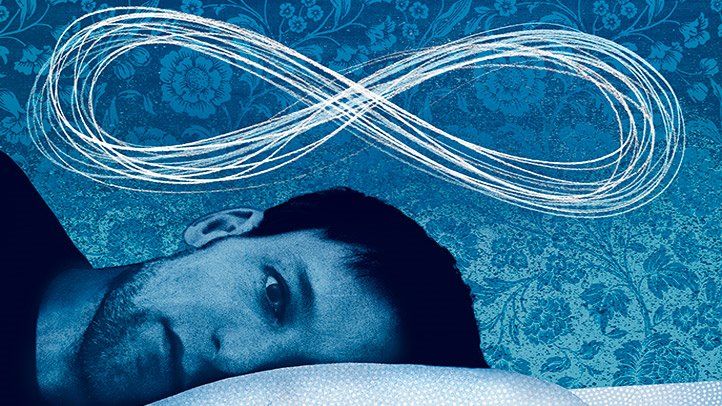
Sleep is a vital component of overall health, playing a crucial role in mental and emotional well-being. However, when sleep is disrupted, it can have far-reaching consequences, including an increased risk of depression. Understanding the intricate relationship between sleep problems and depression is essential for identifying and addressing these issues before they escalate.
The Vicious Cycle of Sleep and Depression
Once depression sets in, it often creates a vicious cycle that further disrupts sleep. Depressed individuals may experience insomnia, difficulty staying asleep, or hypersomnia (excessive sleeping), all of which can worsen their mental state. As sleep problems persist, they contribute to deeper feelings of hopelessness, fatigue, and emotional instability. In some cases, this cycle may lead individuals to adopt harmful coping mechanisms, such as substance use. Monitoring such behaviors can be crucial, and tools like Soberlink offer a way to track alcohol consumption, ensuring accountability. You can discover Soberlink Reviews to read inspiring stories of individuals who overcame depression after alcoholism.
How Sleep Problems Can Lead to Depression
Sleep and mood are closely connected. Poor sleep can contribute to the development of depressive symptoms, while depression can further exacerbate sleep disturbances. Lack of sleep affects the brain’s ability to regulate emotions, leading to heightened irritability, stress, and anxiety. Over time, these emotional disturbances can spiral into more severe depressive states. Individuals who struggle with chronic insomnia or disrupted sleep patterns are particularly vulnerable to developing depression, as their mental and physical health becomes increasingly compromised by ongoing sleep deprivation.
Recognizing the Signs of Sleep-Related Depression
It is essential to recognize the signs that sleep problems may be contributing to depression. Symptoms such as persistent sadness, loss of interest in activities, and feelings of worthlessness are often linked to both poor sleep and depression. Additionally, physical symptoms like chronic fatigue, headaches, and digestive issues can signal that sleep disturbances are taking a toll on mental health. Early detection of these symptoms can lead to more effective interventions and prevent the worsening of both sleep and depressive disorders.
Effective Treatments for Sleep-Related Depression
Addressing sleep-related depression requires a comprehensive approach that tackles both sleep issues and depressive symptoms. Cognitive-behavioral therapy (CBT) is a highly effective treatment that can help individuals change negative thought patterns and behaviors that contribute to both poor sleep and depression. Additionally, you can greatly enhance the quality of your sleep by creating a regular sleep schedule, adhering to excellent sleep hygiene, and changing your lifestyle to include less alcohol and caffeine.. In some cases, medication may be necessary to address both sleep and mood disorders, but this should always be done under the guidance of a healthcare professional.
The Importance of Seeking Help
If you or someone you know is struggling with sleep problems and depression, it is crucial to seek professional help. A medical professional can provide individualized treatment programs that deal with both problems at once. Ignoring sleep problems can lead to more severe depression, which can be harder to treat over time. Early intervention not only improves sleep and mood but also enhances overall quality of life.
Conclusion
The link between sleep problems and depression is undeniable, and addressing both issues is vital for mental and emotional well-being. By understanding how sleep affects mood and taking proactive steps to improve sleep quality, individuals can break the cycle of sleep-related depression and lead healthier, more balanced lives.




